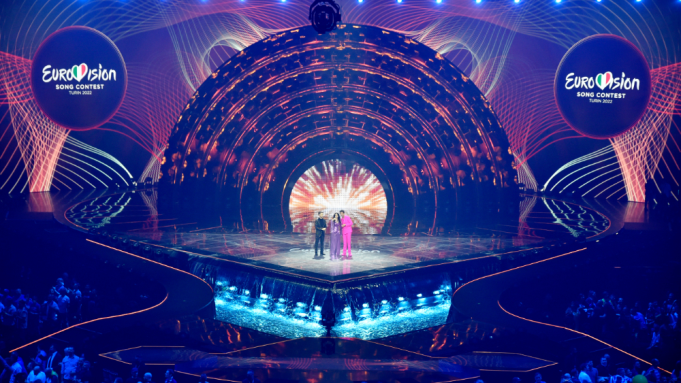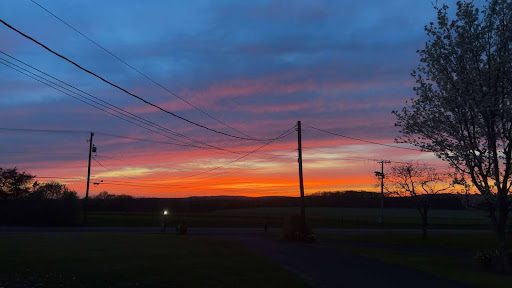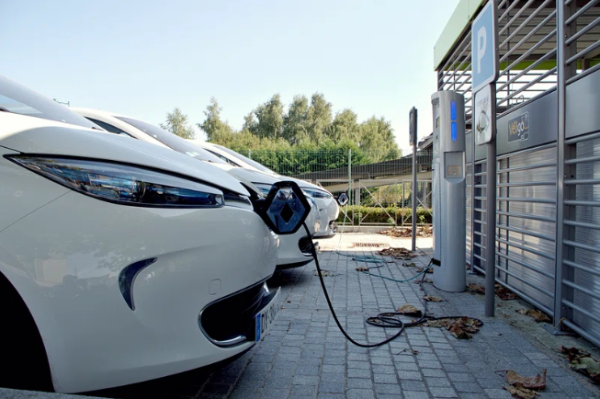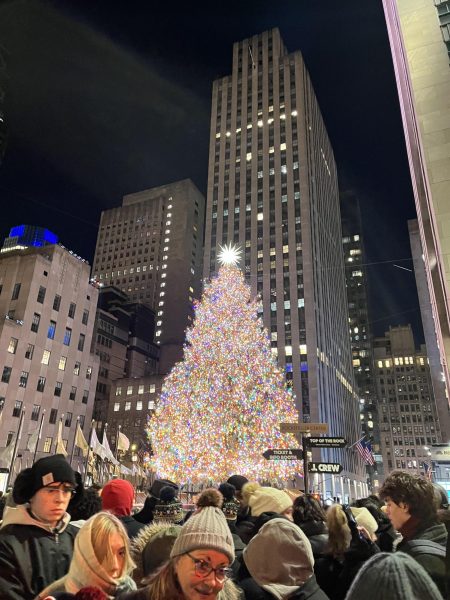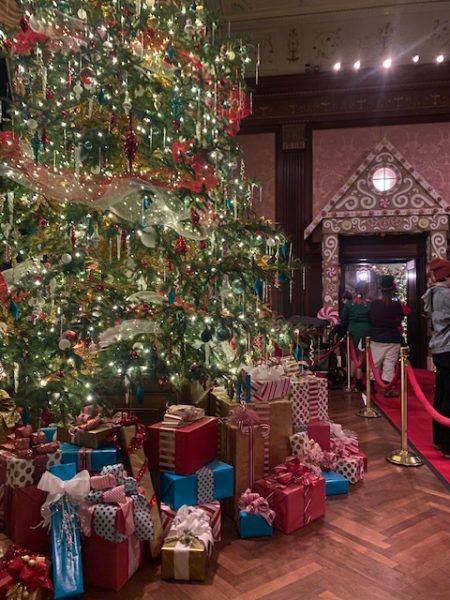Eurovision: This Year’s “Battle of the Bands”
On May 24, 1956, the first-ever Eurovision Song Contest was held in Lugano, Switzerland. The contest originated in Switzerland in order to have many other European countries showcase their performing and songwriting abilities.
The Eurovision Song Contest is an internationally televised songwriting competition, organized by the European Broadcasting Union. It features participants chosen by EBU member broadcasters representing their countries from Europe. Every participating broadcaster has until sometime in the middle of March to choose a song and an artist to perform it. The contest brings in a lot of cultural aspects. Amalie Duun, a Norwegian who is obsessed with Eurovision, stated how, “I like the cultural aspect to it, and the good vibes. You also get introduced to a lot of music you normally don’t listen to, which is fun. It is also exciting to see where my own country places.”
This year, the first semi-final is on May 9, with the second semi-final following close after and happening on May 11. Finally, the grand final is on May 13. Last year, Ukraine won, but because of the invasion, they cannot host the event. Because of this, the United Kingdom is hosting the event in Liverpool. This year, the event will be hosted by Julia Sanina, Graham Norton, Hannah Waddingham, and Alesha Dixon. There are thirty-seven countries participating, which excludes the countries of Bulgaria, Montenegro, and North Macedonia, despite their participation in previous years. The countries of Ukraine, Germany, France, Italy, Spain, and the United Kingdom are pre-qualified for the final, however, the rest have to compete. Besides Ukraine, their countries are guaranteed a spot in the final due to the fact that they make the biggest financial contribution to the event. Ten countries from each of the two semi-final rounds will qualify for the grand final which will feature a total of twenty-six countries. This consists of ten from the first semi-final, ten from the second semi-final, and the six countries mentioned earlier.
The first wave of tickets for the event had sold out in two and a half hours. The Eurovision Village is the official festival area where performances can be seen from 1 p.m. to 11 p.m., and everything is free except the grand final. There is a lot of interest in the contest. Davis Herrmann, a fan of music, explains how “I would want to see all the different countries and what they have to offer.”
There are a lot of rules concerning participation that have evolved over the decades, but the main ones relating to competing songs and artists are that songs must be original and no more than three minutes in length, lead vocals must be performed live, and no more than six performers can take to the stage during any one performance. In each show, after all songs have been performed, each country will give 2 sets of points to their favorite songs. 1 set is given by a jury of 5 music industry professionals from that country, and 1 set is given by viewers watching the show in the country. Viewers are able to vote by telephone, SMS, and the official app. Along with this, out of fairness, you cannot vote for your own country. At the end of the grand final, the song that has received the most points wins the trophy, and is performed once more.
Sources:
https://eurovision.tv/about/how-it-works
https://eurovisionworld.com/eurovision/2023/event
https://www.history.co.uk/articles/the-weird-and-wonderful-history-of-the-eurovision-song-contest
Jessica Remphrey, Grade 12. Interests/hobbies include dancing, NHS, playing video games, spending time with friends and family, and watching crime documentaries....
